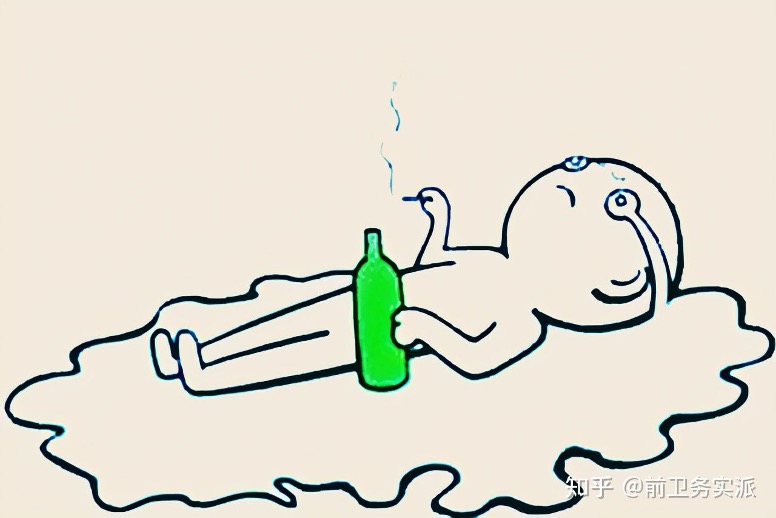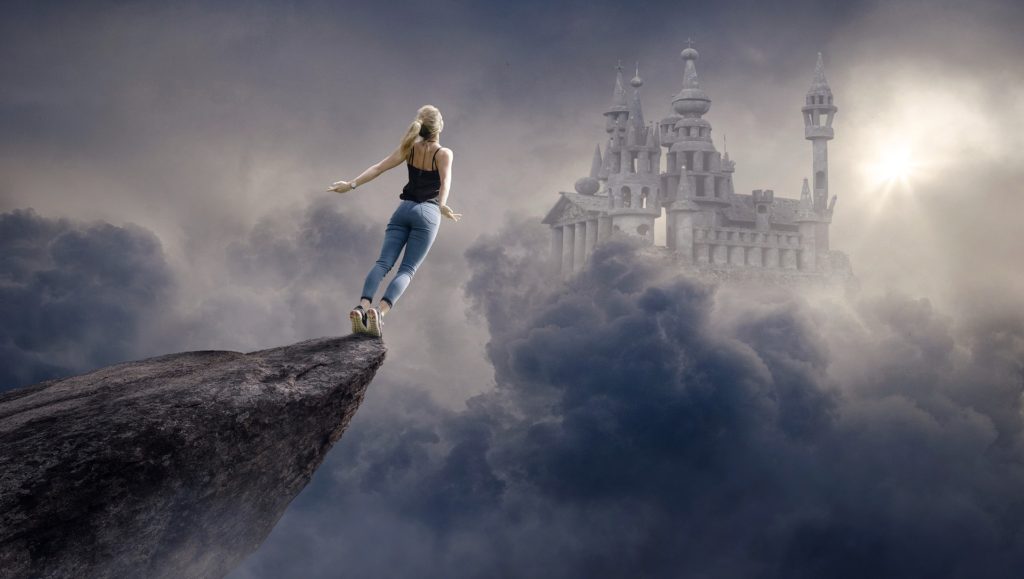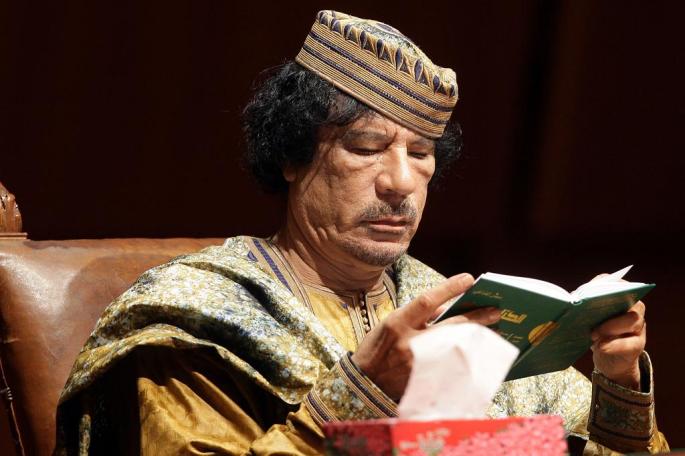
A wave of young people in China, driven to exhaustion by the relentless demands of their industrial culture, have launched what they call the ‘Lying flat’ movement. They protest their workplace pressures by doing the absolute minimum amount of work possible. This essay will suggest that it’s time to bring the lying flat movement to the world stage.
The lying flat movement is inspired by the idea that a chive lying flat cannot be reaped. In this context, to lie flat is to refuse to be exploited, to disengage from the rat race. The usual path involves moving to the countryside and living as cheaply as possible. Someone lying flat might still work, but they’ll do it for themselves or their family or village instead of some corporate.
The lying flat movement began in China as a reaction to their onerous 996 culture, which insists on a 9am to 9pm, six day workweek. These 72-hour workweeks are incredibly profitable for those who own and run the factories and offices, but, for those supplying the labour component, they’re brutal.
Such long hours are tough even when well-remunerated. A 72-hour workweek leaves very little time or energy left over for recreation. It’s an extreme grind, and will drive a worker to exhaustion in short order.
Unfortunately, the post-nationalist capitalist mentality is that workers are just replaceable parts, and if one breaks down it’s a simple matter of chucking it out and replacing it with a new one. The Chinese industrialists, like the Western industrialists, import outside cheap labour to replace the native labour that they drive into the ground, only theirs comes from rural China instead of everywhere in the world.
The net result is the same, however. An oversupply of labour can only lead to one thing, and that’s a discounted labour price, which itself leads to the impoverishment of the working class. The mass importation of cheap labour has such a destructive effect on native wages that the inevitable end result is a shit life for everyone except for the employers of that cheap labour.
The Chinese have figured out that there’s no winning for workers under these conditions – so why don’t we?
Why don’t we take the lying flat movement to the whole world?

A global lying flat movement would firstly recruit the already rapidly-growing legions of NEETs in the West, and the hikikomoris in Japan. These groups have already dropped out of the industrial profit machine, and are essentially part of a global lying flat movement already. They were the first to realise that the equation of how much was being asked of them to how much they were rewarded did not add up, and their example can inspire others.
The movement would next recruit anyone who works full-time but can’t buy a home or raise a family on their wage. The individuals in this group have not yet suffered psychological collapse, unlike those in the first group, and are still able to labour. However, the equation doesn’t add up for them either. The difference is that this second group is now close to 50% of the working-age population, and higher in the younger demographics.
Before either group can be recruited, a canon of high-quality propaganda must be developed. This propaganda must suggest persuasively that industrialised hyper-capitalist society is in fact evil, and that refusing to power it with one’s life energy is a moral imperative. One example of such propaganda argues that a life on welfare is morally superior to a life as a worker, because the welfare beneficiary uses fewer resources, and resource conservation is now more important than production.
This propaganda will be effective because many who hear it will already be receptive to it. Many are already tempted to drop out of the system, having long ago calculated that their wages will never allow them to save enough to own their own home and raise a family. If they see that other people achieve a higher standard of living by dropping out of the system, they’ll become motivated to drop out as well.
That people will drop out of the system is inevitable at this stage of the cycle. Working hard in the city only makes sense during the boom times, because in the boom times the workers have the leverage, and so they can get a fair share of their own productivity. But capital always outpaces labour (link goes to .pdf), so when the bust part of the cycle hits, the people who own everything will maintain their share by reducing the share of the workers.
If you’re a worker and not an owner, then, you want to be living cheaply in the countryside when the bust hits. This is what great numbers of young Chinese have already figured out. It’s harder to do in New Zealand, because we don’t have villages everywhere, but it’s still possible. The basic leverage equation makes city life less and less worthwhile with every year that passes.
A global return to cheap, low-stress country living would cripple the industrial capital juggernaut, and shift the balance of wage negotiation leverage back towards the worker. Starved of cheap labour, the ruling class would be forced to pay a fair wage or go without producers. It’s time to go tang ping, and bring the lying flat movement to every corner of the industrialised world.
*
If you enjoyed reading this essay/article, you can get a compilation of the Best VJMP Essays and Articles of 2020 from Amazon for Kindle or Amazon for CreateSpace (for international readers), or TradeMe (for Kiwis). A compilation of the Best VJMP Essays and Articles of 2019, the Best VJMP Essays and Articles of 2018 and the Best VJMP Essays and Articles of 2017 are also available.
*
If you would like to support our work in other ways, please consider subscribing to our SubscribeStar fund. Even better, buy any one of our books!



